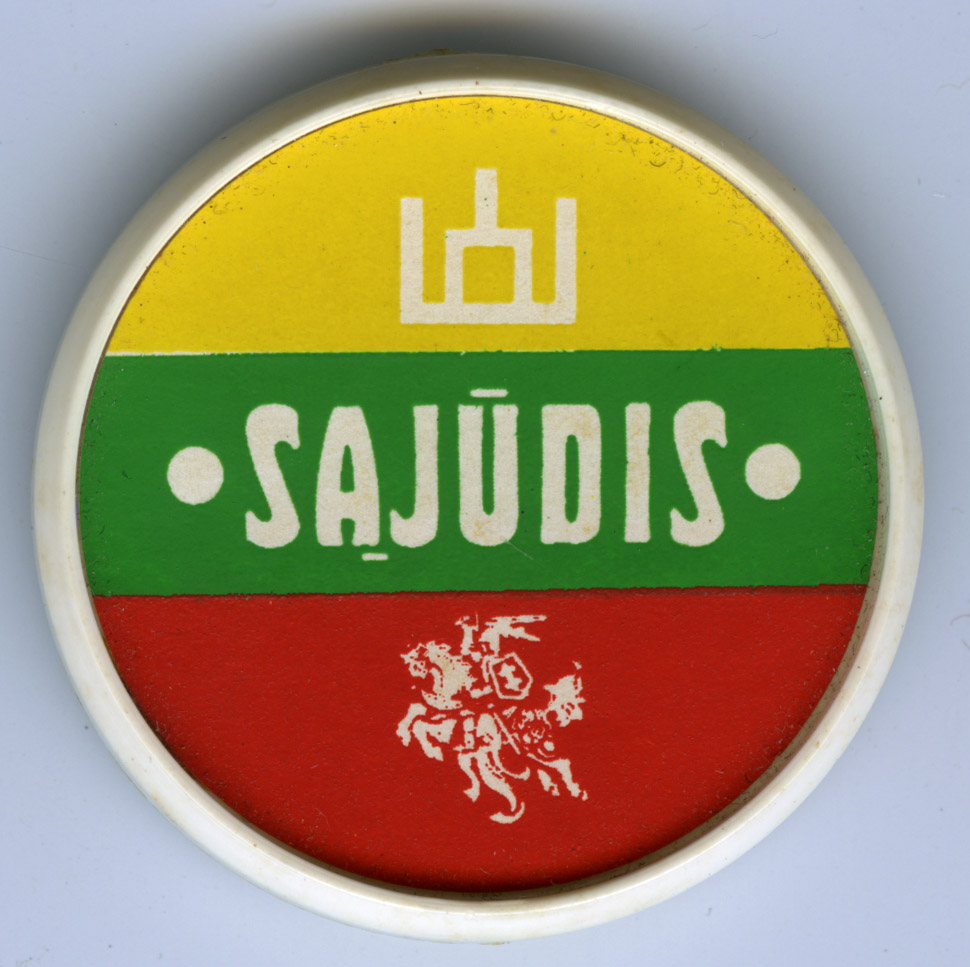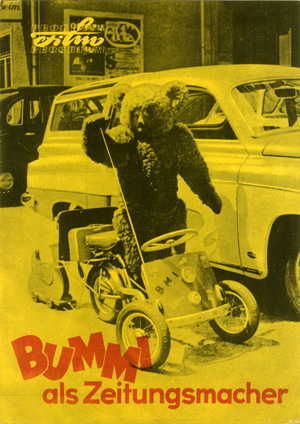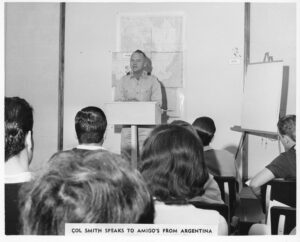Lithuanian Revolution Collection

The dissolution of the Soviet bloc after 1989 was hastened in the Baltic republics by mass popular resistance waged through non-violent cultural and political means. In Lithuania, the revolutionary efforts that began in the spring 1988 culminated in a formal declaration of independence in March 1990. After demands to submit to Soviet authority were ignored, the Soviets sent troops to occupy key buildings in Vilnius killing fourteen protesters in the process. In the face of a resilient resistance and international pressure, the Soviets held on to power for several months, until turmoil at home forced them to recognize Lithuanian independence on September 6, 1991.
This small collection contains a selection of publications dating roughly from the time of the Lithuanian revolution of 1988-1991. Along with a series of mostly pro-independence newspapers and magazines, the collection includes some interesting ephemera, including a series of scarce appeals for independence issued by Sajudis and their Latvian and Estonian partners, a pair of buttons, posters, fliers, and pamphlets. Although most of the materials are in Lithuanian, the collection includes a few written in Russian or English, and there are a few items relating to Lithuania reflecting a Soviet provenance.



